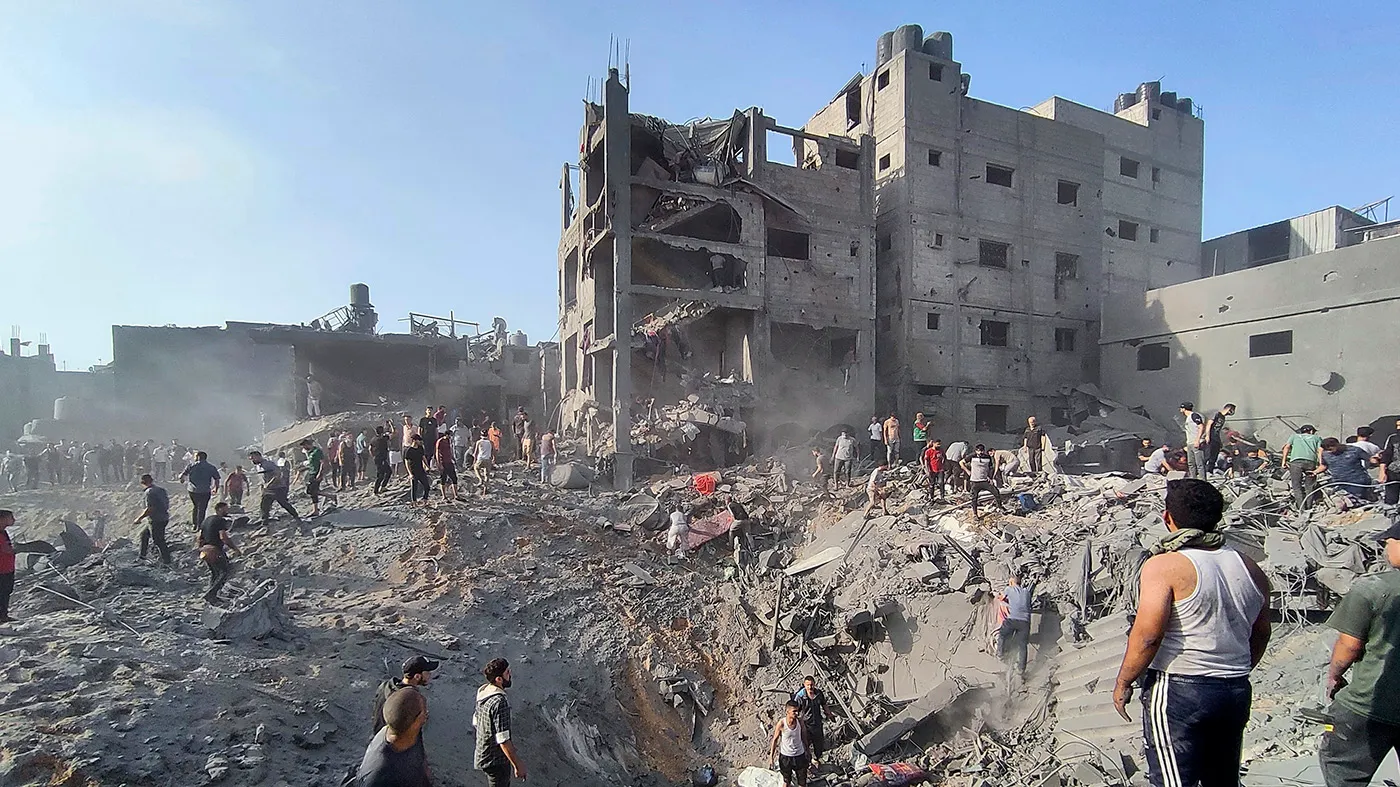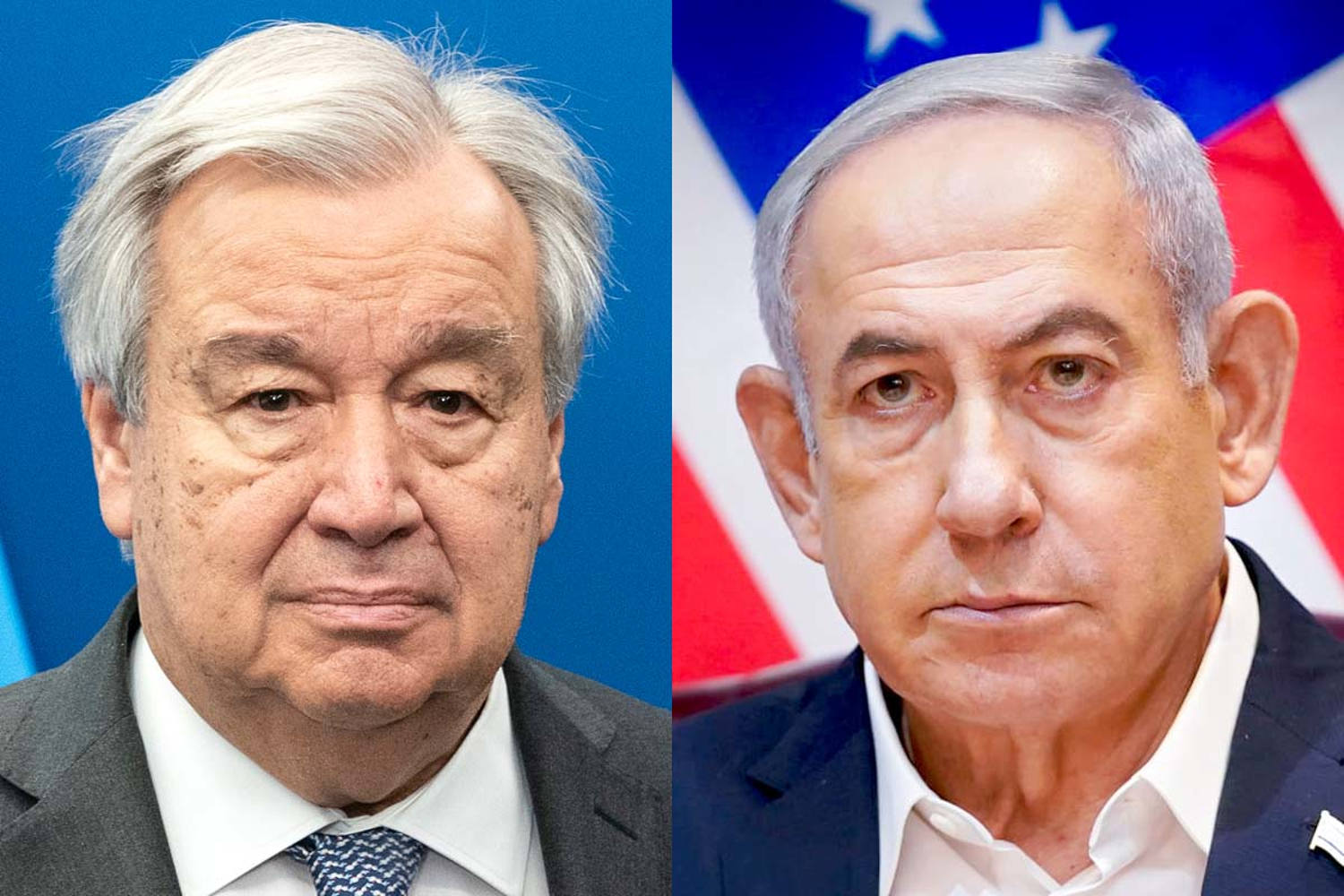Amidst Israel’s ongoing bombardment of the Gaza Strip, concerns have arisen regarding the restrictions imposed on journalists’ access to the region. A recent release of data indicates that Israel’s actions are contributing to an “information war,” providing fertile ground for hate-mongers and conspiracy theorists to thrive.
According to preliminary estimates by the Committee to Protect Journalists, 95 journalists and media workers have been killed in Gaza since Hamas’ attack on Israel, with the majority being Palestinian. However, Israel’s decision to block international journalists from entering Gaza has sparked outrage among activists and the Foreign Press Association.
The Israeli Supreme Court upheld a ban on journalists entering Gaza following the Hamas attack, with only a handful of foreign journalists permitted entry under military escort and subject to censorship.

Israel’s Ban on Reporters Sparks ‘Information War (Credits: Newsweek)
Moreover, the passing of a recent law by the Knesset granted the government authority to shut down foreign-owned media outlets such as Al Jazeera, raising concerns about censorship and the suppression of information. The Foreign Press Association has criticized Israel’s actions, questioning what the country might be attempting to conceal from international scrutiny.
United Nations Secretary-General António Guterres echoed these concerns, stating that Israel’s refusal to permit international journalists into Gaza has exacerbated the information crisis in the region.
This denial of access has created an environment conducive to the proliferation of disinformation and false narratives, amplifying the trauma experienced by those affected by the conflict. The White House also expressed solidarity with these sentiments, emphasizing the detrimental impact of Israel’s actions on the dissemination of accurate information and the exacerbation of tensions.

Israel’s Ban on Reporters Sparks ‘Information War (Credits: The Hill)
The conflict between Israel and Hamas, initially triggered by the October 7 terror attack but escalating into a broader confrontation, has become a breeding ground for conspiracy theories and propaganda. This vacuum of reliable information has allowed purveyors of disinformation to propagate hateful narratives unchecked.
New data from the Center for Countering Digital Hate underscores the extent of this problem, revealing how certain individuals and groups have capitalized on the Israel-Gaza conflict to amass followers and profit from spreading divisive and bigoted content.
The report titled “Hate Pays: How X accounts are exploiting the Israel-Gaza conflict to grow and profit” sheds light on the crisis exacerbated by Israel’s media restrictions. With journalists barred from providing accurate coverage of events in Gaza, individuals are increasingly turning to unreliable sources for information, unwittingly consuming content that fuels hatred and deepens divisions.
The refusal to allow journalists into Gaza not only hampers the flow of credible information but also enables the proliferation of harmful narratives, perpetuating a cycle of misinformation and conflict escalation.























